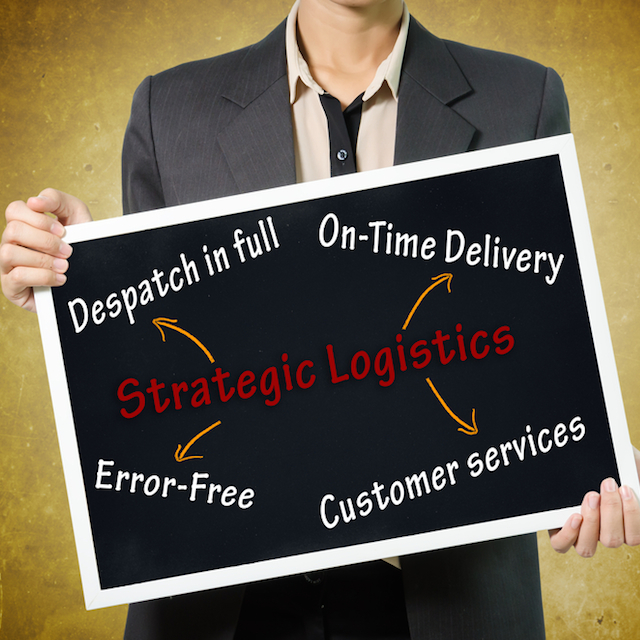Procrastination and impatience may seem like opposite ends of the behavioral spectrum, but they have remarkably similar effects on distribution operations.
In a seminar talk I gave a while back, I remarked that the cost of not being able to plan tomorrow’s work today makes a big difference in warehouse operating costs. “How big?” one of the students asked. I was caught without a good answer. Since then I have tried to accumulate examples of what things cripple our ability to plan.
Of course, in today’s just-in-time world, same-day shipping has become a normal expectation. Certainly, there are circumstances where significant reductions in field inventories are made possible by overnight delivery. But, often the need for overnight response is a result of either procrastination or impatience. Of course, now overnight is becoming passé as Amazon, eBay and others are beginning to compete on a platform of even same day delivery, once reserved for auto parts and emergency medical products.
Why does a body shop need next-day delivery of paint when they’ve had the car in the shop for three days? Why do I order a gift with expedited delivery when my wife’s birthday is on the same day every year? Why does a back order need to be shipped by itself the same day the product is received when it’s been out-of-stock for three weeks? Why do we discover only when we call the customer for carrier routing that they want to cancel the order?
The answer to most of these is that we’ve become so accustomed to instant response that it has become a decision, by default. The service is available. The cost is modest, or buried in somebody else’s budget. We are too busy handing someone else’s urgent need to plan proper lead time into our own.
In the name of customer service, we have offered instant response at a low cost to the customer, but at a high cost to ourselves. That’s OK when only the few who really need it, ask for it. We are always willing to jump through hoops a few times a day. But, when it becomes the norm, then our daily workload is not only unpredictable but unplannable too.
What does it cost? Not just the premium shipping cost. Not just the extra cost to walk one order through the process. But, the cost of not being able to:
- Schedule staffing to meet a workplan
- Level activity over an 8-hour shift
- Spread flow over multiple shifts to reduce capital investment
- Create efficient order batches for picking, and
- Know when the day will end.
Employees are prepared to work unexpected overtime every once in a while. But, when the end of every day is a mystery, it keeps their families from being able to plan on them.
How many hours do we lose waiting for the orders to come in? How many times do we search for fill-in work to use the guaranteed hours? How many employees leave because they can’t plan their lives around our erratic schedules? These are the costs that we absorb in our DCs because we’ve made instant response the norm. It doesn’t have to be that way to the degree that it now is, but in fact it is getting worse. The staffing companies don’t mind.
And by the way, I will be ordering my wife’s birthday present early this year!
As of September 8, 2020, Crimson & Co (formerly The Progress Group/TPG) has rebranded as Argon & Co following the successful merger with Argon Consulting in April 2018.







